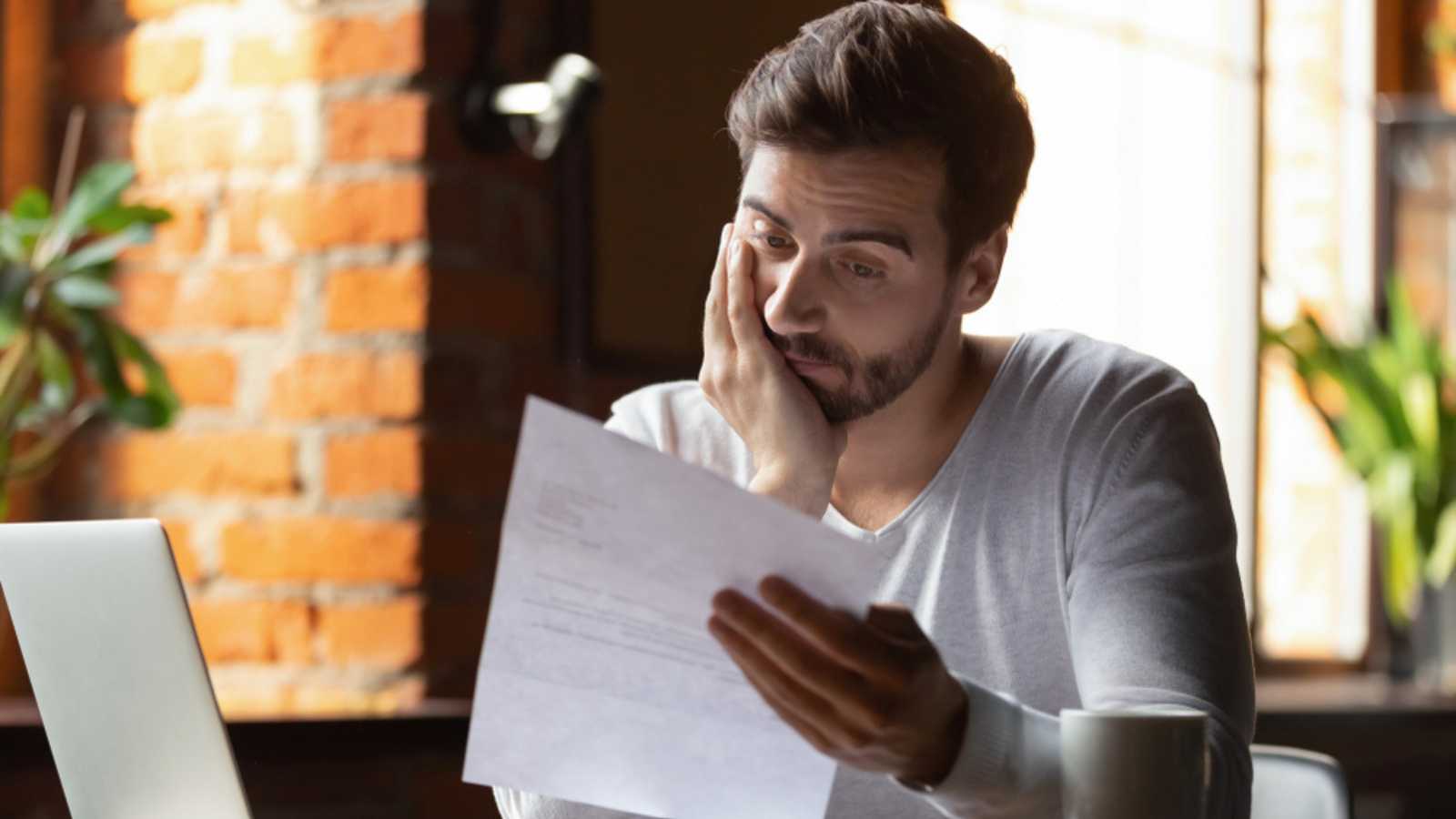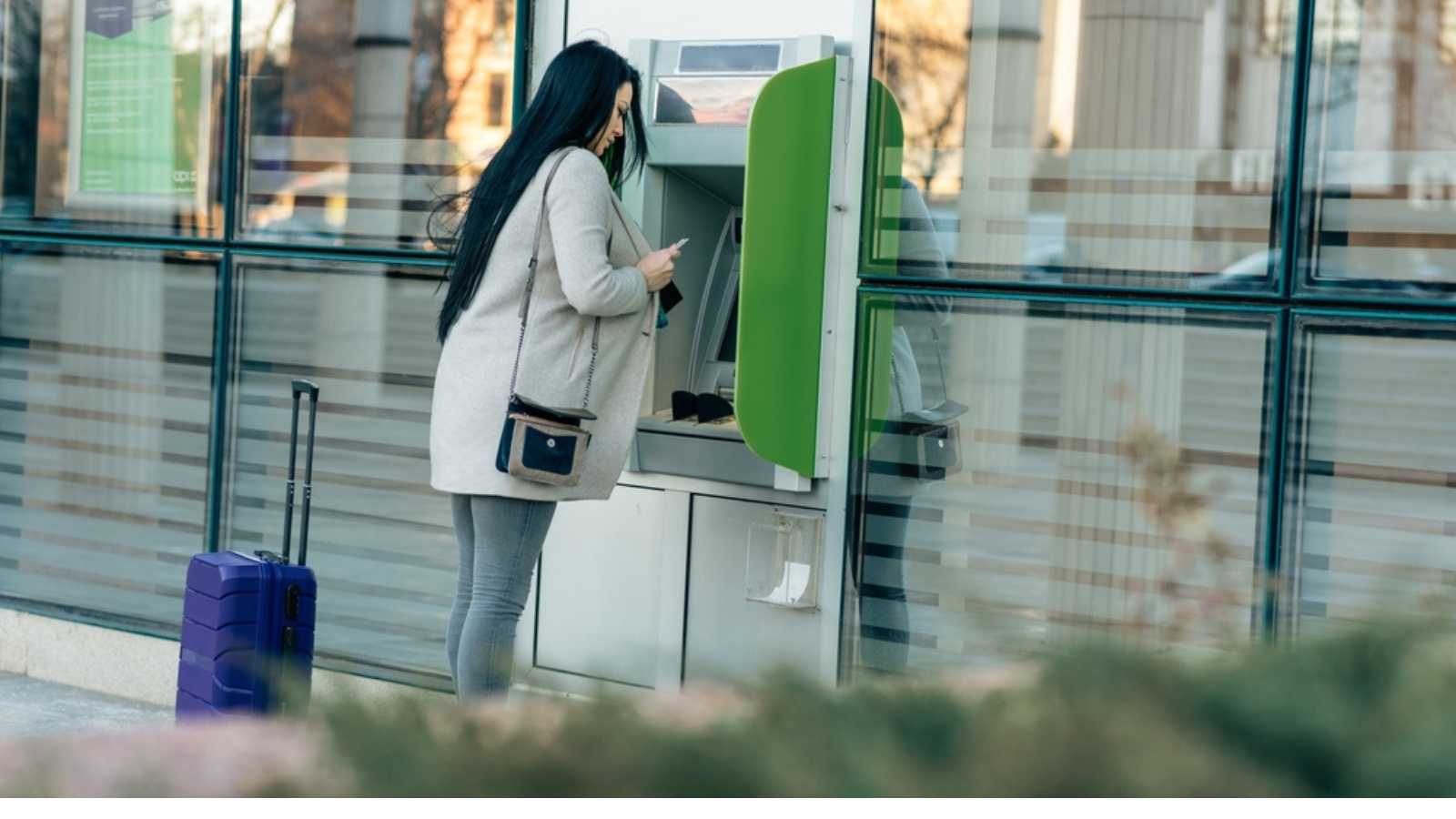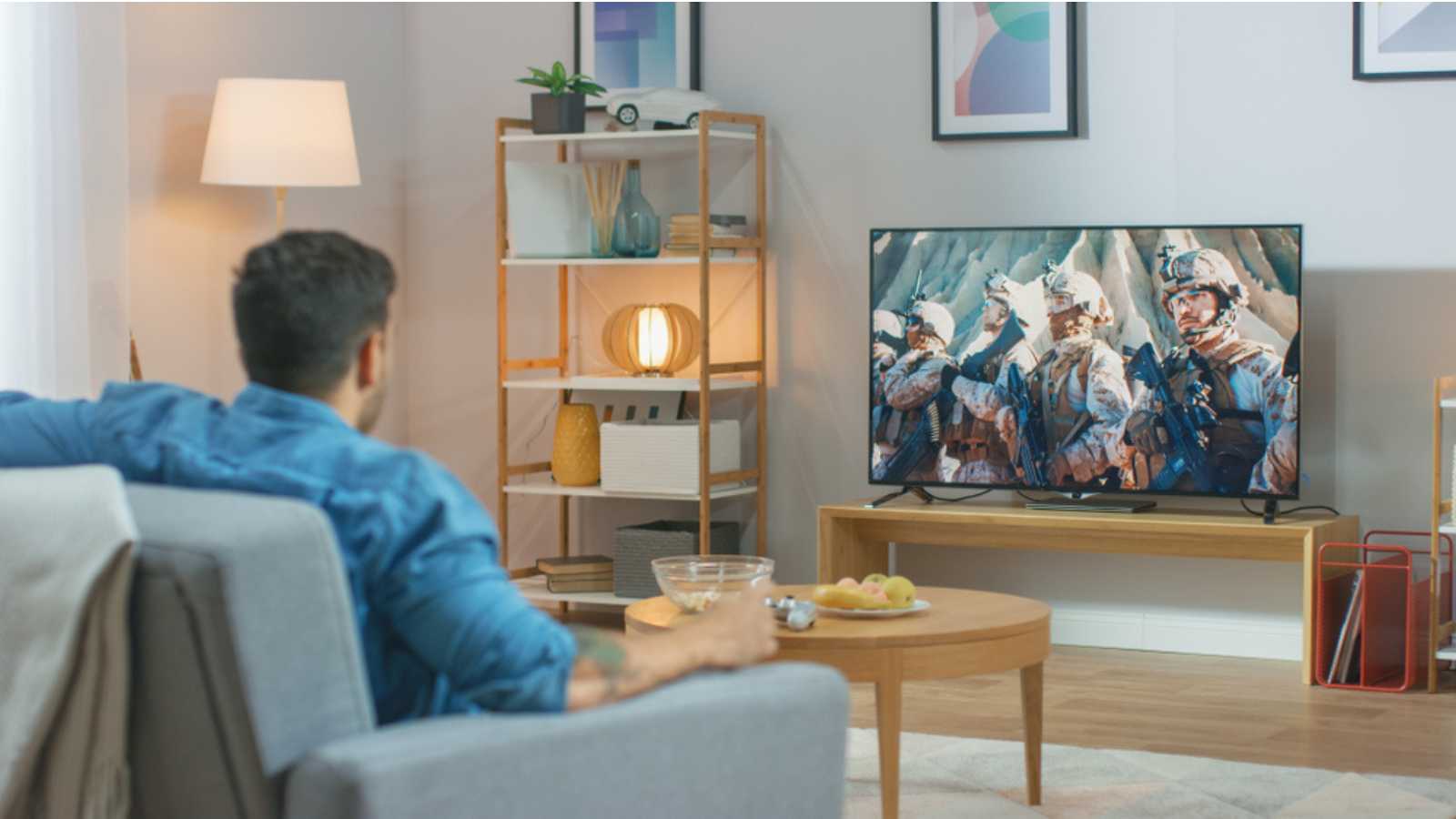By recognizing and adjusting these habits, individuals can save considerable amounts of money and improve their overall financial health. Adopting mindful spending and proactive maintenance routines are simple yet effective strategies to curb unnecessary expenses.
1. Using Your Credit Card Like Free Money

Stop using your credit card as if it is free money. It isn’t, and eventually, that bill will come in. If you can’t pay it off completely, there will be an interest charge, and then you are playing with fire. The best use of credit cards is to earn cash back or rewards points — but it should only be done when you know you can pay the card off at the end of the month.
2. Paying Bank Fees

Many bank fees can be avoided, so there’s no reason to pay these if you don’t have to. You can avoid the monthly fee with a direct deposit or minimum daily balance with the proper checking account. Find a bank that offers these accounts so you can avoid paying the fee, ultimately keeping more money in your accounts.
3. Not Checking Your Credit Report

Checking your credit report, no matter which side of your rating spectrum, is important. These reports will not only provide you with any problems or issues that you didn’t know existed, but your credit report can also alert you to any identity fraud that is going on.
4. Not Taking Advantage Of A 401(k) Match

According to a report by investment advisory firm Financial Engines, one in four employees doesn’t save enough to receive the entire 401(k) match provided by his employer.
That means the average employee leaves over one thousand dollars on the table each year. Maxing out your 401(k) contributions is recommended, but at the very least, you should contribute enough to get your employer’s match.
5. Going Out For Lunch

According to a survey by PopMenu, thirty percent of Americans spend an average of one hundred eighty dollars a week on dining out. Not only will you save money by bringing lunch from home daily, but the lunch will also be healthier.
6. Not Having Health Insurance

Not having health insurance is like gambling. You never know when a medical emergency will arise, and you could be out thousands of dollars — or more. College-age students can remain on their parent’s health insurance plans until they are twenty-six, sign up for their school’s health program, or buy low-cost catastrophic coverage from commercial carriers.
7. Buying Groceries Without A List

People who shop without a list can easily purchase way more than they need. Having a list keeps you from running afoul of your spending plan and spending more than anticipated on things you don’t need.
8. Using An Out Of Network ATM

Few people carry cash on them anymore, which can cause you not to know which ATMs are in your bank network. The problem is that ATMs that aren’t in your network charge several dollars per withdrawal, and those fees add up.
9. Paying For Services You Don’t Use

If you don’t take the time to monitor your monthly fees, you can easily end up paying for services you don’t use. Sure, you might think you will get the itch to return to the gym, but look inside yourself and decide if that is true. If not, cancel that membership and save the monthly fee. At the same time, cancel your Netflix, Hulu, and Spotify accounts if you aren’t using them.
10. Not Keeping An Emergency Fund

Much like going to the grocery store without a list or not having health insurance, without an emergency safety net in place, you will find yourself in financial trouble. When something does happen, the response is to break out the credit cards, throwing your budget out the window. An emergency cushion of three to six months’ worth of expenses can keep your plan in place when unexpected events occur.
50 Super Simple Side Hustle Ideas

50 Super Simple Side Hustle Ideas (& How to Make Them Work)

10 Frugal Lessons I Learned From Being Flat Out Broke
How To Make Money Without a Job

How To Make Money Without a Job
Creative Ways To Make Money

20 Easy Ways to Raise A Credit Score Fast

Read More: 20 Easy Ways to Raise A Credit Score Fast
Frugal Living Tips: The Essential Guide To Start Saving Money

Frugal Living Tips: The Essential Guide To Start Saving Money
